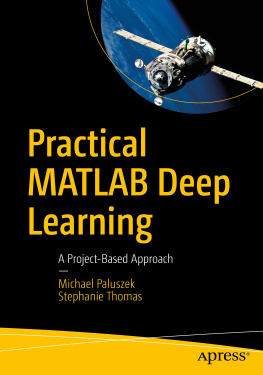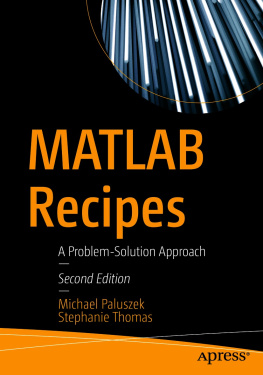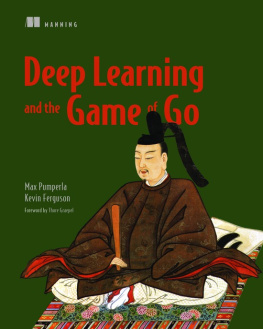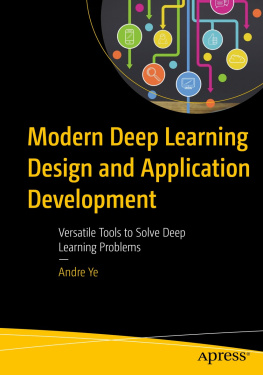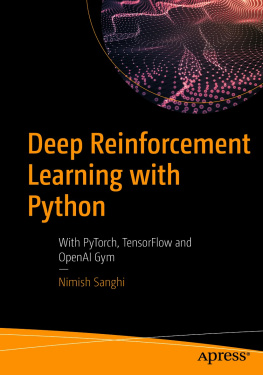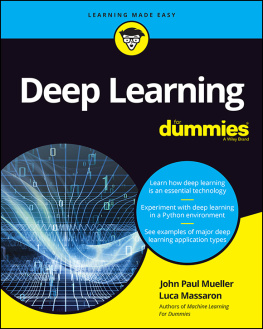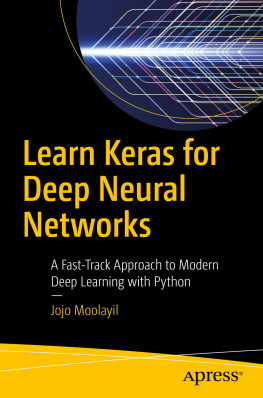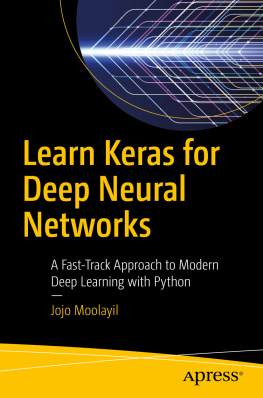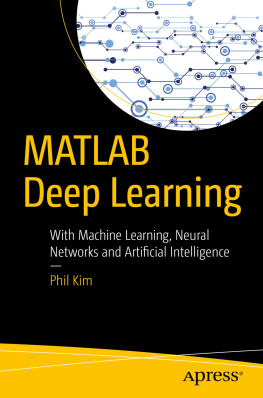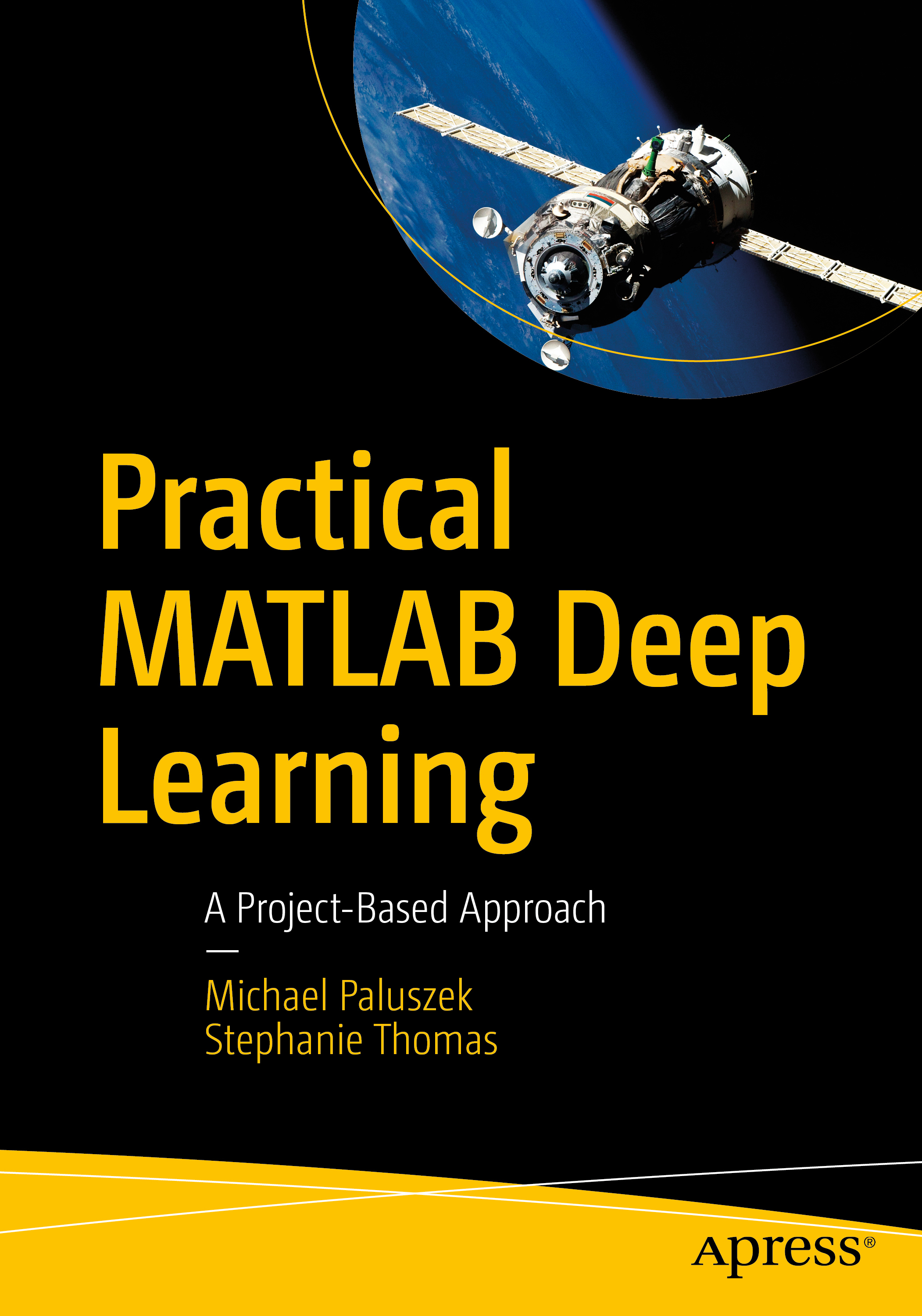Michael Paluszek - Practical MATLAB Deep Learning: A Project-Based Approach
Here you can read online Michael Paluszek - Practical MATLAB Deep Learning: A Project-Based Approach full text of the book (entire story) in english for free. Download pdf and epub, get meaning, cover and reviews about this ebook. year: 2020, publisher: Apress, genre: Children. Description of the work, (preface) as well as reviews are available. Best literature library LitArk.com created for fans of good reading and offers a wide selection of genres:
Romance novel
Science fiction
Adventure
Detective
Science
History
Home and family
Prose
Art
Politics
Computer
Non-fiction
Religion
Business
Children
Humor
Choose a favorite category and find really read worthwhile books. Enjoy immersion in the world of imagination, feel the emotions of the characters or learn something new for yourself, make an fascinating discovery.
- Book:Practical MATLAB Deep Learning: A Project-Based Approach
- Author:
- Publisher:Apress
- Genre:
- Year:2020
- Rating:3 / 5
- Favourites:Add to favourites
- Your mark:
Practical MATLAB Deep Learning: A Project-Based Approach: summary, description and annotation
We offer to read an annotation, description, summary or preface (depends on what the author of the book "Practical MATLAB Deep Learning: A Project-Based Approach" wrote himself). If you haven't found the necessary information about the book — write in the comments, we will try to find it.
Along the way, youll learn to model complex systems, including the stock market, natural language, and angles-only orbit determination. Youll cover dynamics and control, and integrate deep-learning algorithms and approaches using MATLAB. Youll also apply deep learning to aircraft navigation using images.
Finally, youll carry out classification of ballet pirouettes using an inertial measurement unit to experiment with MATLABs hardware capabilities.
What You Will Learn
Explore deep learning using MATLAB and compare it to algorithms
Write a deep learning function in MATLAB and train it with examples
Use MATLAB toolboxes related to deep learning
Implement tokamak disruption prediction
Who This Book Is For
Engineers, data scientists, and students wanting a book rich in examples on deep learning using MATLAB.
Michael Paluszek: author's other books
Who wrote Practical MATLAB Deep Learning: A Project-Based Approach? Find out the surname, the name of the author of the book and a list of all author's works by series.

